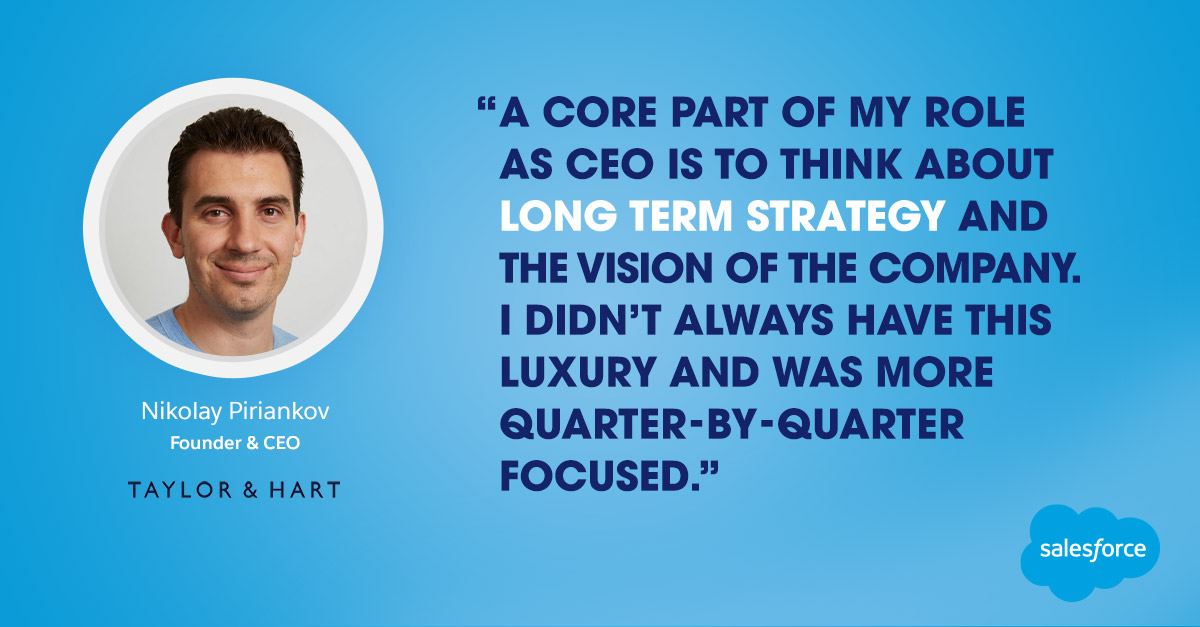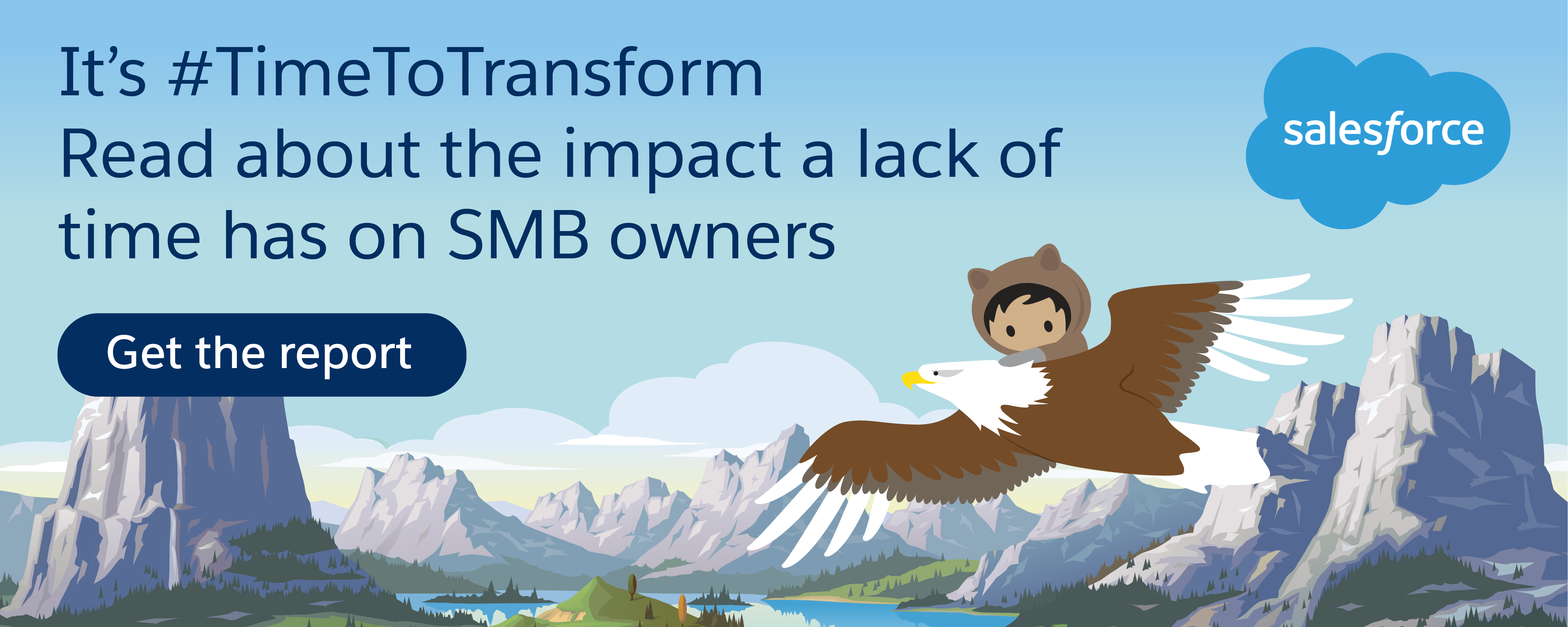We recently launched our #TimeToTransform campaign which shows that time is the highest valued commodity for startups and small businesses.
We spoke to Nikolay Piriankov, CEO at jeweller Taylor & Hart about the time-related challenges he’s experienced over the years, and how technology has helped tackle them.
Why did you start your business?
Over five years ago the diamond industry was facing two big challenges. It had failed to innovate in response to changing consumer perspectives, and it had not recognised their demand for transparency.
In an industry largely based on telling customers what they had available and forcing them to choose from a set selection, we saw an opportunity to innovate around custom designs.
My own experience buying a custom-made engagement ring around this time, compared to what the majority of the industry had to offer, made us see there was a great opportunity here.
Has it turned out the way you expected it would?
No it hasn’t and that’s true for everyone starting a business. You underestimate how much money would be needed, and how quickly things can happen. But we always had a clear vision. It may have been chiseled and refined over the years in terms of how bespoke we go and how do we scale, but overall we’ve stayed true to the important aspect which is being customer centric.
We care about our customers first, and out of that comes profit and growth. And that’s not the same across the industry, where many jewellers will be trying to convince customers what is the right decision for them rather than letting them guide the process. It’s a different experience to being sold to, it’s a more consultative, listening based approach.
Are you still passionate about the business?
Yes! The thing that makes it interesting is we’ve never been stagnate. We’ve evolved at each level of growth, and we’ve always been passionate about our purpose.
For example, back in 2017 we went through a rebrand which involved cosmetic changes like changing our brand name but was centered around updating the user experience. We wanted to be known for giving a great bespoke experience, and it made us think about how we best deliver that while still catering for customers who wanted something a little more of the shelf. It was about knowing when and how to introduce different levels of bespoke and trying to inspire the customer.
Previously both those audiences have been split but using automation and smart thinking we’ve been able to create experiences that are bespoke but are also relevant to each customer.
What is a typical day for you?
A core part of my role as CEO is to think about long term strategy and the vision of the company. I didn’t always have this luxury and was more quarter-by-quarter focused in line with our fundraising rounds.

But now we’ve wrapped up funding we’re thinking more about sustainability and long term growth, particularly in respect to company culture and establishing values people can believe in.
That said, I still find myself wearing many hats on any given day, but I’m now trying to delegate and hire people to be responsible for that operational world.
How many hours do you think you work a week? How often do you work weekends / on holiday?
I’m actually reading a book called Scrum by Jeff Sutherland, which talks about the correlation between more hours spent and the point at which that leads to reduced productivity.
As a small business there are times when you have to stay as long as the work takes, especially if you have customers waiting for a response. But we try to recognise peaks in demand and address that by automating or hiring new people.
I found myself hitting burnout a couple of years ago largely due to the fact I enjoy what I do and want to keep working, but you do have to learn boundaries.
There is a perception of start-up life that working all hours is the recipe to success but people are now challenging this. How hard you work or how many emails you send isn’t a measure of success and commitment, and we try to be really aware of that.
Do you think technology has the capabilities to save you time across your business?
Yes it’s what everyone is investing in and for us automation has been key. With Salesforce we migrated all our project management systems not related to orders and built them around customer objects. Mapping the sales team model onto other departments has improved the quality of our work, and allowed us to deliver better customer service.
Smaller businesses are often more time-poor than their larger rivals, which means it’s imperative that time is spent in the right way. Technology can help SMBs focus on what matters, to improve their business performance and working lives. Read more about how technology can save your business valuable time in our #TimetoTransform report.
You can read the full report here.








